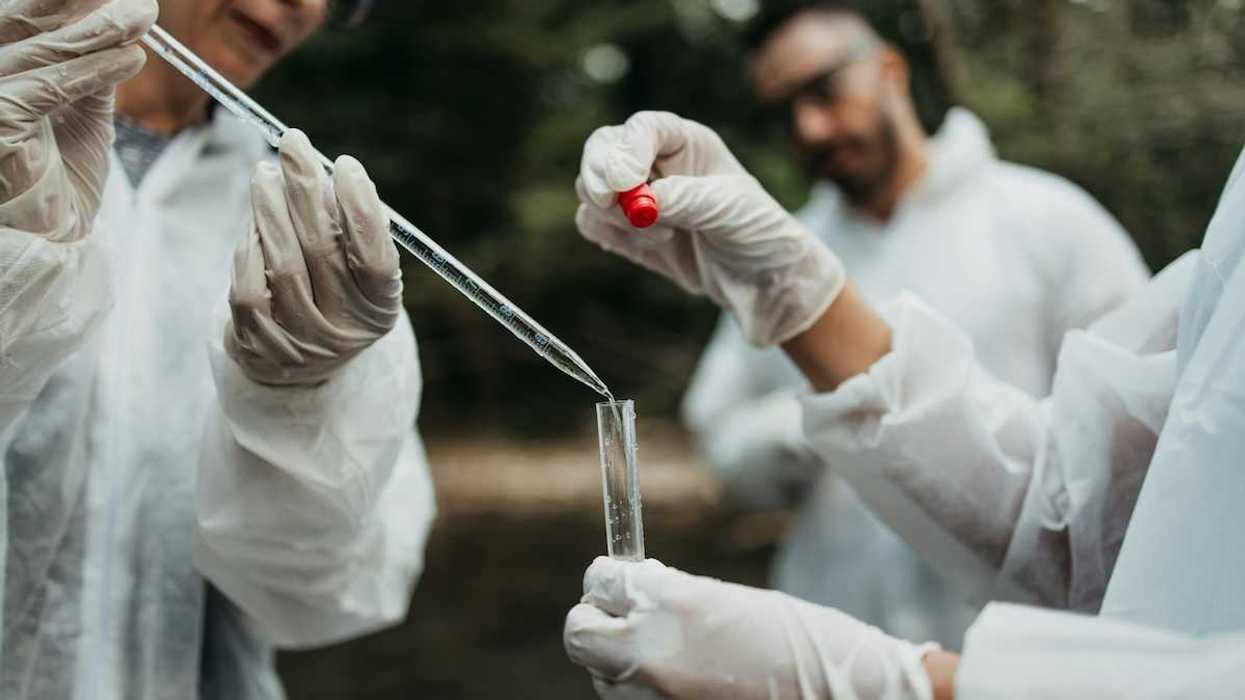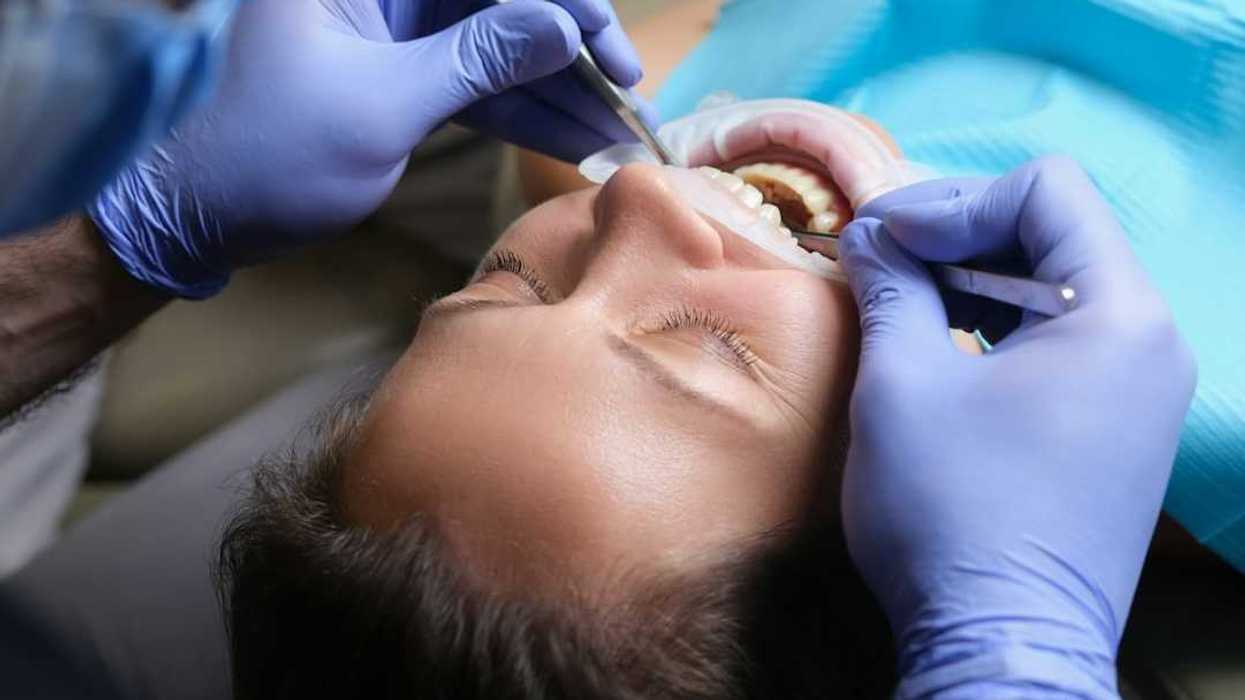New research suggests a link between high bisphenol A exposure in pregnant women and increased autism risk in their sons, highlighting how BPA disrupts fetal brain development by inhibiting crucial hormonal pathways.
Kathryn Powley writes for Neuroscience News.
In short:
- Boys born to mothers with elevated BPA levels in late pregnancy were 3.5 times more likely to show autism symptoms by age 2 and 6 times more likely to be diagnosed with autism by age 11.
- BPA suppresses the aromatase enzyme, which is essential for converting testosterone into neuroestrogen, disrupting male brain development.
- BPA exposure is nearly unavoidable due to its prevalence in food packaging, air and cosmetics, prompting urgent attention to its health effects.
Key quote:
"BPA can disrupt hormone-controlled male fetal brain development in several ways, including silencing a key enzyme, aromatase."
— Professor Anne-Louise Ponsonby, University of Melbourne
Why this matters:
Understanding the impact of BPA on fetal brain development is crucial as this chemical is widespread and difficult to avoid. The study's findings may inform guidelines to limit BPA exposure during pregnancy to reduce autism risk.
Related EHN coverage:














